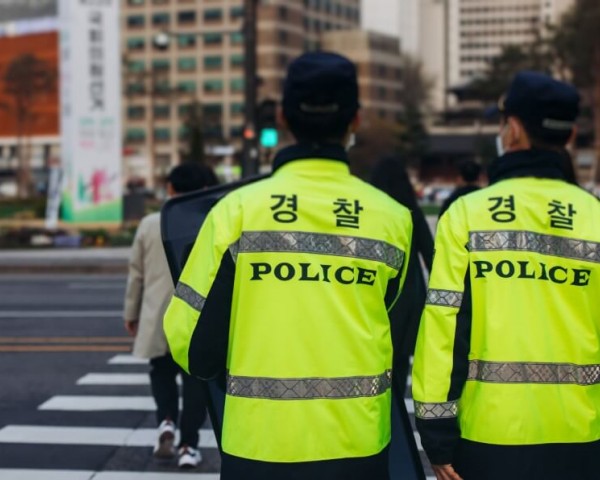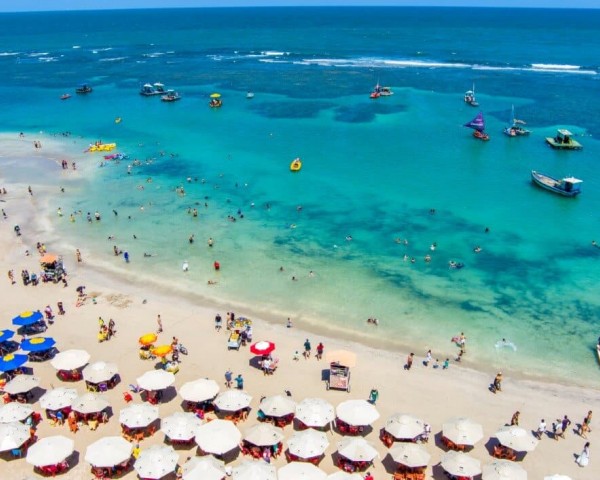South Korea’s hospitality sector, which incorporates cosmetic surgery clinics, tour operators, and lodge chains, is anxious in regards to the results of the extended political disaster. Latest cancellations by some international vacationers adopted a quick interval of martial legislation final week.
In 2023, the South Korean tourism trade generated 84.7 trillion gained (roughly $59 billion), accounting for about 3.8% of the nation’s GDP. The trade has beforehand weathered challenges, together with the impeachment of a president in 2016 and periodic tensions with North Korea.
Nevertheless, greater than a dozen sources from hospitals and administrative workplaces have warned that the army’s position within the present political disaster is a severe concern that would deter each leisure and enterprise journey. This fear arises because the sector nears a full restoration in customer numbers, which reached 97% of pre-COVID ranges in October.
Seoul Mayor Oh Se-hoon expressed issues throughout a gathering with South Korean tourism trade stakeholders in regards to the potential impression of safety points on the tourism sector. “There are growing situations of international vacationers canceling their journeys to Seoul or shortening their stays,” he said. He emphasised, “Seoul is secure,” to reassure the general public, speaking this message in English, Chinese language, and Japanese.
Regardless of ongoing mass protests, Seoul’s day by day life and vacationer actions have continued as ordinary. This follows President Yoon Suk Yeol’s choice to revoke the six-hour martial legislation declared on December 4. Analysts have famous that South Korea’s institutional checks and balances are proving efficient in sustaining stability.
Some vacationers have canceled their bookings, though the quantity shouldn’t be vital. In keeping with journey and hospitality trade sources, others are inquiring about the potential of withdrawing their reservations if the state of affairs modifications.
The Accor lodge group, which incorporates the Fairmont and Sofitel manufacturers, reported a “slight enhance” in cancellation charges since December 3, noting that cancellations are about 5% increased than in November.
The Korea Tourism Enterprise Institution Affiliation indicated that bookings for the primary half of 2025 have already skilled a big decline.
On account of these cancellations, lodge rooms at accommodations in Seoul that had been beforehand totally booked have now turn into obtainable. In keeping with consultants, some accommodations are even reducing charges and providing particular promotions to draw extra bookings.
Moreover, a cosmetic surgery clinic in Seoul’s upscale Gangnam district famous that some international sufferers have canceled their visits for the reason that martial legislation was imposed. South Korea is acknowledged as one of many world’s main locations for medical tourism and cosmetic surgery.
The current political disaster poses a big menace to the nation’s model picture, which has improved as a result of affect of Korean tradition and the nation’s financial success, in keeping with Kim Wou-kyung, director of a authorities model promotion company.
South Korea’s thriving theatre, music, and sweetness industries, collectively generally known as the “Korean Wave,” alongside its repute for security and well-known international manufacturers like Samsung, are important parts of the “delicate energy” the federal government is leveraging to draw extra vacationers.
Moreover, the technique focuses on group enterprise journey for occasions akin to conferences and exhibitions, known as MICE tourism. In keeping with Ha Hong-kook, Secretary-Normal of the Korea MICE Affiliation, this sector may very well be impacted if the political disaster persists early subsequent 12 months.
Nevertheless, consultants are optimistic in regards to the demand for journey to South Korea. The nation goals to almost double the variety of annual vacationers to 30 million by 2027, in comparison with 2019 ranges. China is the biggest supply market of international vacationers to South Korea, adopted by Japan and the USA.




